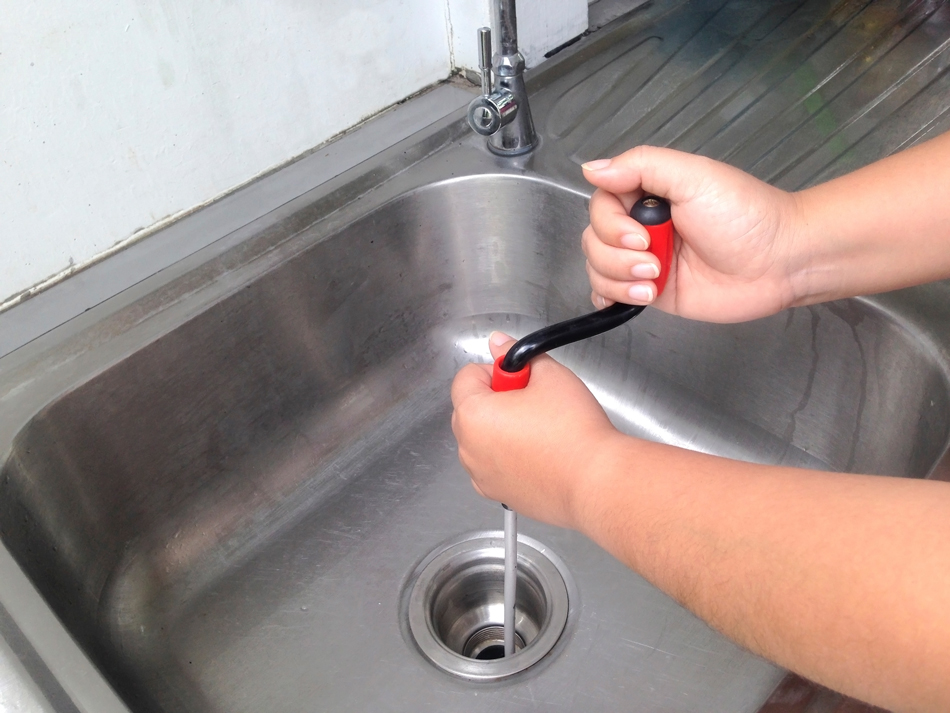For homes and especially commercial establishments in Northern Virginia that handle a significant amount of cooking, a grease trap plays a crucial, often overlooked, role in protecting your septic system. Neglecting proper grease disposal is one of the fastest ways to cause expensive damage to your septic tank and drain field. At Great Falls Septic Service, we frequently see the consequences of FOGs (Fats, Oils, and Greases) in septic systems.
The Crucial Role of Grease Traps in Maintaining Septic System Health
A grease trap (or grease interceptor) is a plumbing device designed to intercept most greases and solids before they enter your septic system. It works on the principle that FOGs are lighter than water and don’t mix with it.
Here’s why they are so vital for septic system health, particularly in high-volume settings in Virginia:
- Prevents Clogs: FOGs solidify as they cool. When poured down drains, they cling to the inside of pipes, narrowing the flow path. Over time, this buildup creates stubborn clogs in household plumbing, the main sewer line, or, most critically, the septic system’s inlet pipe and the septic tank itself.
- Protects the Septic Tank: When FOGs enter the septic tank, they form a thick, impenetrable layer of scum. While some scum is normal, excessive grease accumulation reduces the effective volume of the tank, hindering the anaerobic bacteria that break down waste. It also makes the tank harder to pump effectively.
- Safeguards the Drain Field: The most severe damage occurs when grease, especially emulsified grease, makes it past the septic tank and into the drain field. Here, it solidifies in the soil, clogging the pores and preventing the proper absorption and purification of wastewater. This leads to drain field failure, which is extremely expensive to repair or replace.
- Ensures Compliance (Commercial): For restaurants and other food service establishments in Virginia, proper grease trap installation and maintenance are not just good practice—they are often mandated by local health regulations to prevent sewer system blockages and environmental contamination.
Proper Methods for Disposing of Cooking Grease to Prevent System Damage
Even if you have a grease trap, practicing good grease disposal habits is essential for homeowners and highly recommended for businesses:
- Cool It, Scrape It, Trash It: This is the golden rule. After cooking, let grease cool and solidify in the pan. Then, scrape it directly into a sealed container (like an old milk carton, coffee can, or plastic container) and dispose of it in the regular trash.
- Wipe Down Pans: Before washing dishes, use a paper towel to wipe out any residual grease from pots, pans, and plates. This minimizes the amount of FOGs entering your plumbing.
- Use Strainers: Place strainers in your sink drains to catch food particles and prevent them from entering the plumbing system, where they can combine with grease to form larger clogs.
- Avoid Hot Water with Grease: While it seems counterintuitive, pouring hot water down the drain with grease only moves the problem further down the line. The grease will cool and solidify eventually, often in a harder-to-reach spot or your septic system.
- Educate Everyone in the Household/Business: Ensure all family members or employees understand the importance of proper grease disposal.
Tips and Best Practices for Grease Trap Maintenance
For properties with dedicated grease traps in Northern Virginia, regular professional maintenance is non-negotiable:
- Regular Pumping and Cleaning: Grease traps need to be pumped out regularly by a professional septic service like Great Falls Septic Service. The frequency depends on the size of the trap and the volume of FOGs it intercepts. Commercial establishments might need weekly, bi-weekly, or monthly cleaning, while some residential systems might only need it during their regular septic pumping.
- Scheduled Servicing: Don’t wait until you have a problem. Schedule routine maintenance with a licensed Virginia septic company. We will remove accumulated grease, inspect the trap for damage, and ensure it’s functioning correctly.
- Keep Records: Maintain records of all grease trap pumping and maintenance. This is often required for commercial businesses by local health authorities in Virginia.
- Proper Installation: Ensure your grease trap is properly sized and installed by a qualified professional according to Virginia plumbing codes and manufacturer specifications.
By diligently managing grease through proper disposal and regular maintenance, homeowners and businesses in Northern Virginia can significantly extend the life of their septic systems, avoid costly backups, and contribute to a healthier environment. Contact Great Falls Septic Service for expert assistance.


